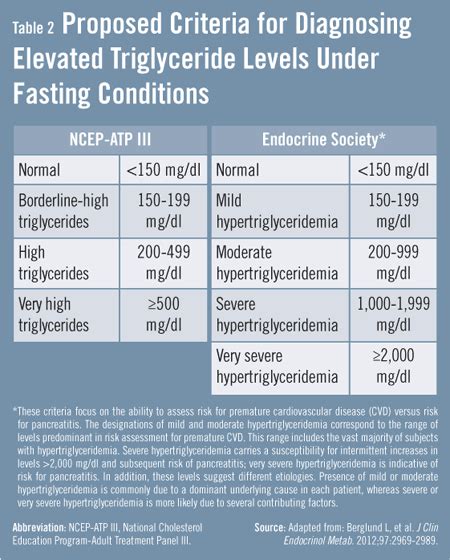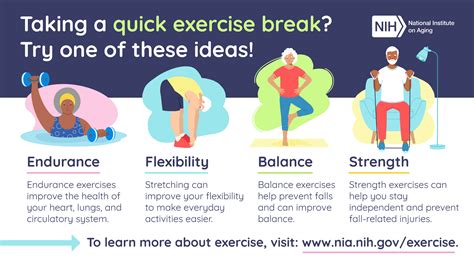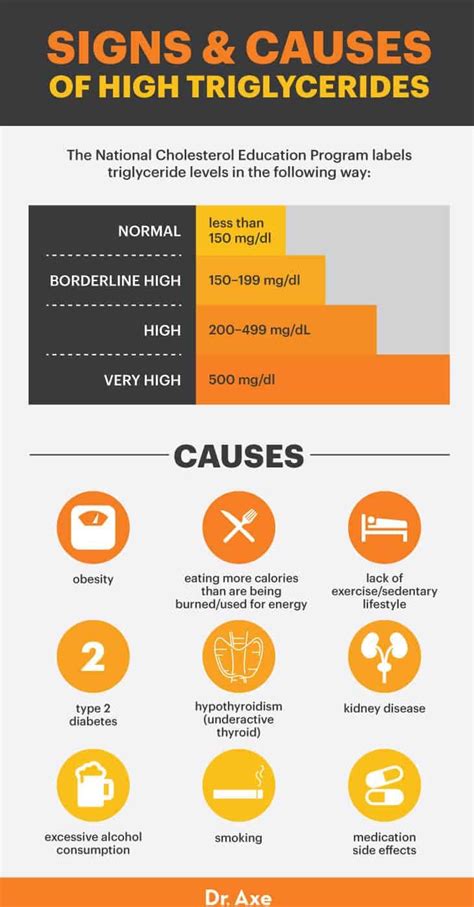Intro
Learn about high triglycerides levels, causes, symptoms, and treatment options, including lifestyle changes and medications to manage hypertriglyceridemia and reduce cardiovascular risk.
Triglycerides are a type of fat found in the blood, and having high levels of them can increase the risk of heart disease. The importance of understanding and managing triglycerides cannot be overstated, as it plays a critical role in maintaining overall health and preventing cardiovascular issues. High triglycerides levels can be caused by a variety of factors, including diet, lifestyle, and genetics, making it essential to be aware of the risks and take proactive steps to reduce them. By understanding the causes, symptoms, and treatment options for high triglycerides, individuals can take control of their health and reduce their risk of developing serious health problems.
The impact of high triglycerides on health is significant, and it is crucial to address the issue promptly. Elevated triglycerides can lead to the development of fatty deposits in the arteries, increasing the risk of heart attack, stroke, and other cardiovascular diseases. Furthermore, high triglycerides can also contribute to the development of pancreatitis, a painful and potentially life-threatening condition. The good news is that high triglycerides can be managed and reduced through a combination of dietary changes, lifestyle modifications, and medical treatment. By making informed choices and taking proactive steps, individuals can lower their triglycerides levels and reduce their risk of developing serious health problems.
Managing high triglycerides requires a comprehensive approach that incorporates dietary changes, lifestyle modifications, and medical treatment. A healthy diet that is low in saturated and trans fats, added sugars, and refined carbohydrates can help reduce triglycerides levels. Regular exercise, such as cardio and strength training, can also help lower triglycerides and improve overall health. Additionally, maintaining a healthy weight, quitting smoking, and reducing stress can also contribute to reducing triglycerides levels. By adopting a holistic approach to health and wellness, individuals can effectively manage high triglycerides and reduce their risk of developing serious health problems.
Understanding Triglycerides

Causes of High Triglycerides
The causes of high triglycerides are varied and can include dietary factors, lifestyle habits, and genetic predisposition. Consuming a diet high in saturated and trans fats, added sugars, and refined carbohydrates can contribute to elevated triglycerides. Additionally, lack of exercise, smoking, and excessive alcohol consumption can also increase triglycerides levels. Certain medical conditions, such as diabetes, hypothyroidism, and kidney disease, can also contribute to high triglycerides. Furthermore, some medications, such as beta-blockers and steroids, can also raise triglycerides levels. Understanding the causes of high triglycerides is essential in developing an effective plan to reduce them.Diagnosing High Triglycerides

Treatment Options for High Triglycerides
Treatment options for high triglycerides depend on the severity of the condition and the individual's overall health. Lifestyle changes, such as diet and exercise, are usually the first line of treatment. A healthy diet that is low in saturated and trans fats, added sugars, and refined carbohydrates can help reduce triglycerides levels. Regular exercise, such as cardio and strength training, can also help lower triglycerides and improve overall health. If lifestyle changes are not effective, medication may be prescribed to help lower triglycerides levels. Medications such as fibrates, niacin, and omega-3 fatty acids can help reduce triglycerides levels and improve overall health.Managing High Triglycerides through Diet

Foods to Eat and Avoid
Foods to eat and avoid when managing high triglycerides include: * Fatty fish, such as salmon and mackerel * Fruits, such as berries and citrus fruits * Vegetables, such as leafy greens and cruciferous vegetables * Whole grains, such as brown rice and quinoa * Legumes, such as lentils and chickpeas * Nuts and seeds, such as almonds and flaxseeds * Foods to avoid include: * Saturated and trans fats, such as butter and partially hydrogenated oils * Added sugars, such as sugary drinks and baked goods * Refined carbohydrates, such as white bread and sugary snacks * Processed meats, such as hot dogs and sausages * Fried foods, such as french fries and fried chickenExercise and Physical Activity

Benefits of Exercise
The benefits of exercise for managing high triglycerides include: * Improved cardiovascular health * Reduced triglycerides levels * Improved insulin sensitivity * Weight loss and maintenance * Improved mental health and mood * Increased energy levels * Improved overall health and well-beingStress Management and High Triglycerides

Impact of Stress on Triglycerides
The impact of stress on triglycerides includes: * Increased cortisol levels, which can raise triglycerides levels * Poor dietary choices, such as comfort eating and bingeing on unhealthy foods * Lack of physical activity, due to feeling overwhelmed and stressed * Poor sleep quality, which can disrupt hormones and raise triglycerides levels * Increased inflammation, which can worsen overall health and raise triglycerides levelsConclusion and Next Steps

We invite you to share your thoughts and experiences on managing high triglycerides in the comments below. If you found this article helpful, please share it with your friends and family who may be struggling with high triglycerides. Together, we can promote health and wellness and reduce the risk of serious health problems.
What are triglycerides and why are they important?
+Triglycerides are a type of fat found in the blood, and they are an essential source of energy for the body. Elevated triglycerides can increase the risk of heart disease and other health problems, making it essential to manage and reduce them.
What are the causes of high triglycerides?
+The causes of high triglycerides include dietary factors, lifestyle habits, and genetic predisposition. Consuming a diet high in saturated and trans fats, added sugars, and refined carbohydrates can contribute to elevated triglycerides. Additionally, lack of exercise, smoking, and excessive alcohol consumption can also increase triglycerides levels.
How can I manage high triglycerides through diet?
+Managing high triglycerides through diet involves making informed food choices that help reduce triglycerides levels. A healthy diet that is low in saturated and trans fats, added sugars, and refined carbohydrates can help reduce triglycerides levels. Foods that are high in fiber, such as fruits, vegetables, and whole grains, can also help lower triglycerides.
What are the benefits of exercise for managing high triglycerides?
+The benefits of exercise for managing high triglycerides include improved cardiovascular health, reduced triglycerides levels, improved insulin sensitivity, weight loss and maintenance, and improved mental health and mood.
How can I reduce stress and improve my overall health?
+Reducing stress and improving overall health involves adopting effective stress management techniques, such as meditation, yoga, and deep breathing exercises. Additionally, getting enough sleep, practicing relaxation techniques, and engaging in hobbies and activities that bring joy and relaxation can also help reduce stress and improve overall health.
